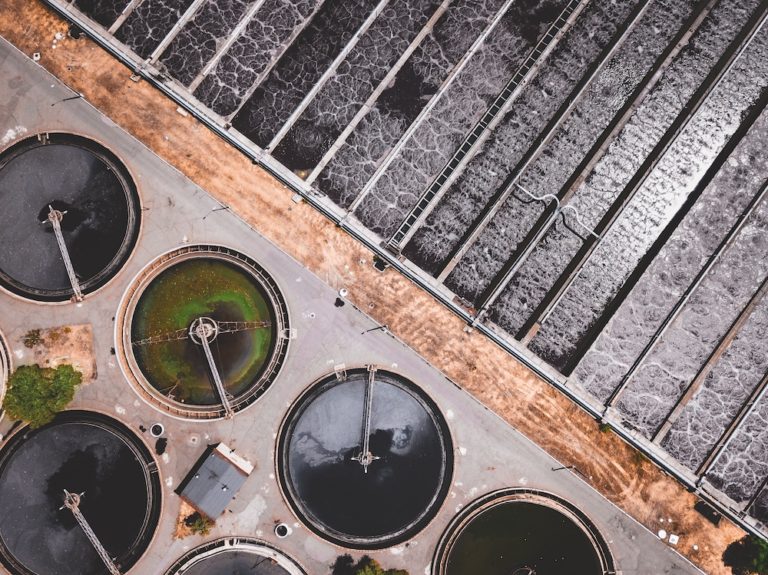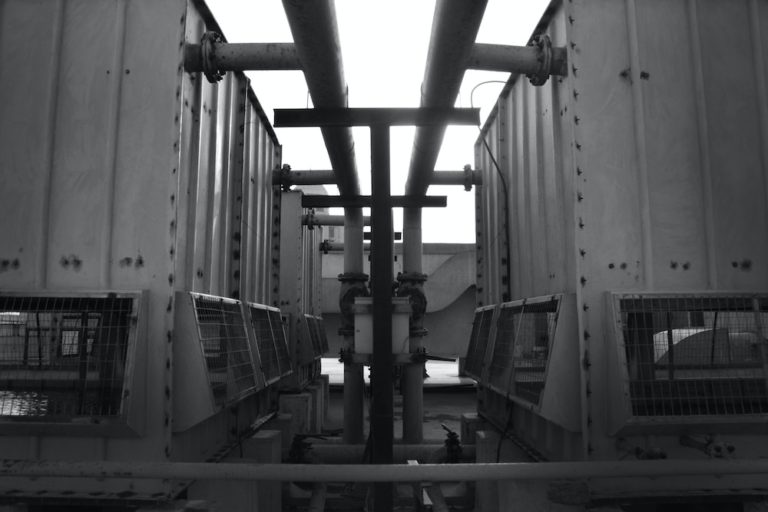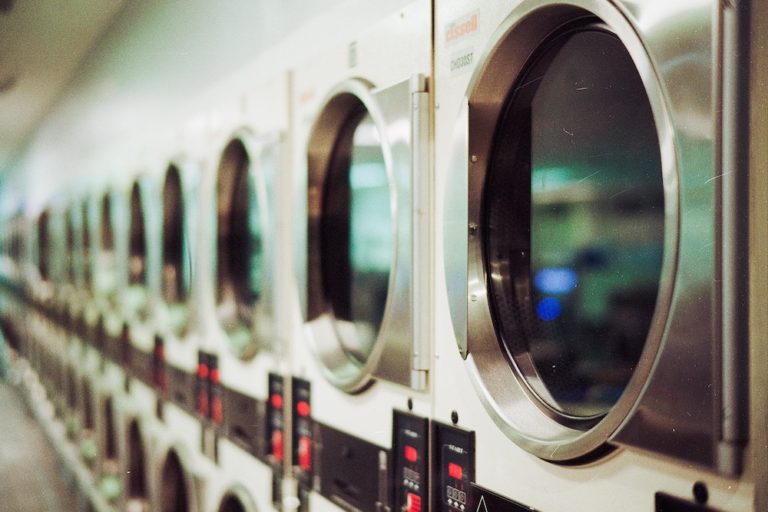
NBOT Labs’ advanced technology proves its superior capabilities when it comes to mitigating the complex pollutants often found in industrial wastewater discharge. This includes a range of contaminants such as BOD, COD, colorants, phenols, cyanides, and sanitary waste, among others. NBOT’s oxidative power effectively breaks down these pollutants and decomposes organic compounds, providing an environmentally friendly and highly efficient solution.
Compared to conventional chemical methods, NBOT technology is a cost-effective and sustainable alternative. It not only reduces operational expenses but also minimizes the risk of fines associated with the disposal of contaminated water. Its application extends across various industrial sectors, such as pharmaceuticals, textiles, automotive, and foundries, making it a versatile and eco-friendly choice for wastewater treatment.

The adoption of ozone for cooling tower treatment has witnessed a recent upswing, driven by several significant factors. However, the introduction of NBOT technology offers a host of compelling advantages that make it a superior choice. NBOT not only leads to substantial cost reductions by lowering operational expenses but also eliminates the need for onsite chemical storage, reducing safety risks and costs associated with storage facilities. Additionally, it guarantees the absence of toxic discharges or chloramines, contributing to a safer and more environmentally friendly cooling tower treatment approach.

For over 25 years, the pulp bleaching industry has relied on ozone for its exceptional effectiveness, surpassing alternative methods. The integration of ozone has led to several notable benefits, including enhanced pulp brightness and durability, while promoting eco-friendly practices. However, NBOT technology has emerged as a sustainable alternative that aligns with stringent environmental standards, making it the preferred choice in the sector. Notably, NBOT’s user-friendly approach and safety profile surpass those of traditional chemical oxidizing agents, establishing it as the conscious and favored method in the realm of pulp bleaching. The industry can achieve its goals of improved pulp quality while embracing responsible and environmentally friendly practices through the adoption of NBOT.

The oil and gas industry stands to benefit significantly from the application of NBOT in water treatment and recycling for fracking operations. While ozone has been effective in eliminating volatile organic compounds (VOCs) and breaking down hazardous chemicals, NBOT technology surpasses ozone in several key aspects. NBOT removes the reliance on chemicals in the treatment process, contributing to cost savings and minimizing the introduction of harmful substances into the environment. Moreover, it supports natural gas companies in the sustainable recycling of water resources, aligning with the industry’s growing emphasis on environmental responsibility and resource conservation.

Conventional laundry methods entail the use of numerous chemicals, hot water, and substantial sewage expenses. Opting for NBOT in commercial laundry not only conserves energy and reduces water consumption but also minimizes the need for detergents and chemicals, resulting in cost savings.

Textiles employ various wet and dry processing methods to attain specific outcomes. Jeans manufacturing, for instance, annually consumes around 92 billion gallons of water. Moreover, the textile sector generates substantial volumes of wastewater and solid waste. As such, chemical-free technologies like NBOT emerge as the most cost-effective and environmentally friendly remedies.